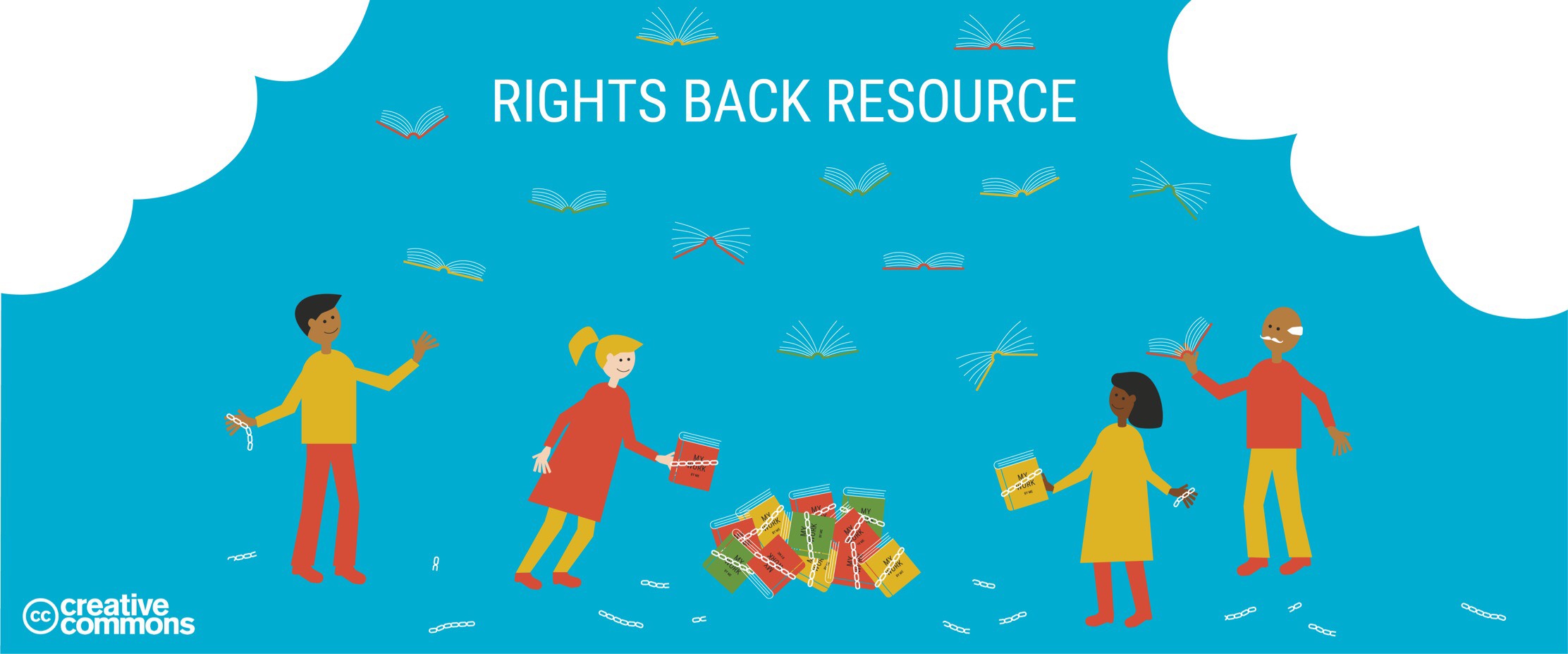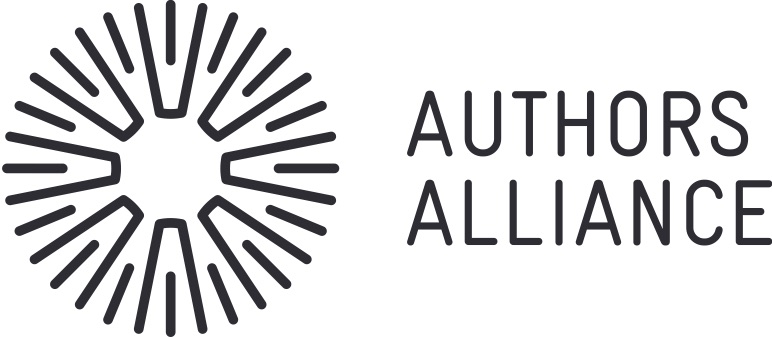Help us protect the commons. Make a tax deductible gift to fund our work. Donate today!

The Creative Commons 2018 Global Summit in Toronto brought together a diverse group of stakeholders to explore strategies for increasing author choices for managing their copyright, and included the announcement of the new Creative Commons Rights Back Resource (beta) that will provide authors worldwide with information about how to regain copyright previously assigned away.
To facilitate momentum on the tool, Creative Commons, SPARC Europe and Authors Alliance convened an in-depth workshop involving more than 60 attendees focused on Giving Authors Control: How to Retain and Regain Your Copyright.
 Vanessa Proudman, Director of SPARC Europe, framed the workshop looking at the current context, goals and challenges with rights management. She shared ten prerequisites for making open the default, and talked of how the community might best enable open for academics and readers. Among other highlights, she provided an overview of funder and government mandates for open access and identified key goals and challenges to enable open.
Vanessa Proudman, Director of SPARC Europe, framed the workshop looking at the current context, goals and challenges with rights management. She shared ten prerequisites for making open the default, and talked of how the community might best enable open for academics and readers. Among other highlights, she provided an overview of funder and government mandates for open access and identified key goals and challenges to enable open.
 Brianna Schofield, Executive Director of Authors Alliance, highlighted and explained existing legal tools that help authors make sound publication decisions and regain control of their works, sharing thoughts on the value of doing so in support of authors making their works available in the ways they want. She explained the complicated nature of termination rights that authors have in the United States and resources that Creative Commons and Authors Alliance have developed to help them navigate those provisions. Michael Wolfe, formerly of Authors Alliance and now at the University of California, Davis, gave a live demonstration of how the www.rightsback.org termination of transfer tool can help authors determine whether they have reversionary rights.
Brianna Schofield, Executive Director of Authors Alliance, highlighted and explained existing legal tools that help authors make sound publication decisions and regain control of their works, sharing thoughts on the value of doing so in support of authors making their works available in the ways they want. She explained the complicated nature of termination rights that authors have in the United States and resources that Creative Commons and Authors Alliance have developed to help them navigate those provisions. Michael Wolfe, formerly of Authors Alliance and now at the University of California, Davis, gave a live demonstration of how the www.rightsback.org termination of transfer tool can help authors determine whether they have reversionary rights.
Diane Peters, General Counsel of Creative Commons, described CC’s work in open access in support of a more vibrant and usable commons. She focused on work, generously funded by Arcadia, a charitable fund of Lisbet Rausing and Peter Baldwin, to develop improved authors addenda that authors can use to retain some rights to their scholarly articles when submitting to traditional, non OA publishers. She also announced the launch of a new legal tool under development and funded by Arcadia, the Rights Back Resource (beta). Authors and those who support them such as librarians will be able to consult the resource to understand reversionary and termination rights around the world.
Session attendees then broke into three working groups to conduct deep dives, exploring three important areas: knowledge gaps and what authors should know if they want to help change current open access practices by retaining rights; existing and future advocacy tools and campaigns that can affect real change in the OA ecosystem; and strategies for overcoming publisher obstacles to author tools. A complete list of resources, speaker presentations, and notes from the breakout working groups may be found here.
What’s Next
The three organizations plan to continue coordinating their respective efforts on new and existing legal tools, outreach, education and advocacy. This will include focusing on tangible ways to push ahead on ideas generated during the CC Summit session.
Creative Commons also welcomes contributions to the new international Rights Back Resource (beta). We need experts to identify and contribute information about reversionary and termination rights around the world. Our goal is provide a comprehensive resource where authors can learn about rights they may have to retake control over publication rights to their works that they previously assigned away. Please join CC in this effort and contribute information here.
We are also working on updates to the Scholars Copyright Addendum Engine and the addenda templates found there. An open questionnaire will be published soon with the goal of learning more about the needs and preferred terms of addenda to be used by scholars, authors and academics.
Thank you to everyone who participated in our Summit session! We look forward to seeing your contributions.
Posted 07 May 2018